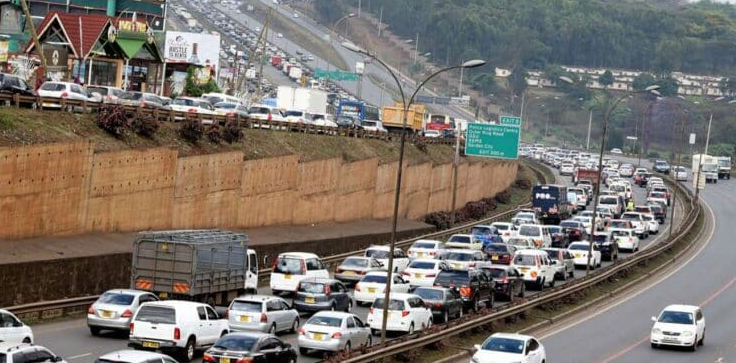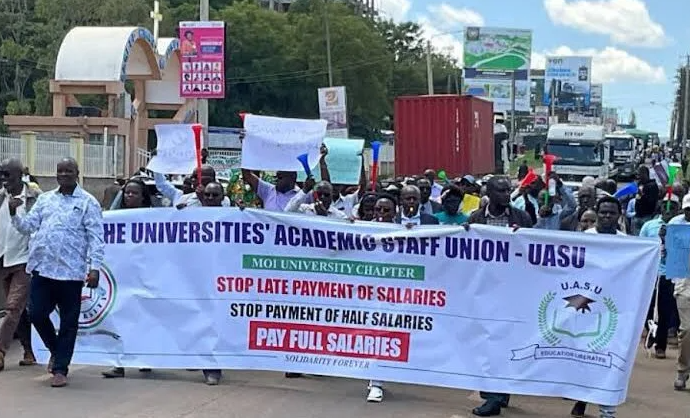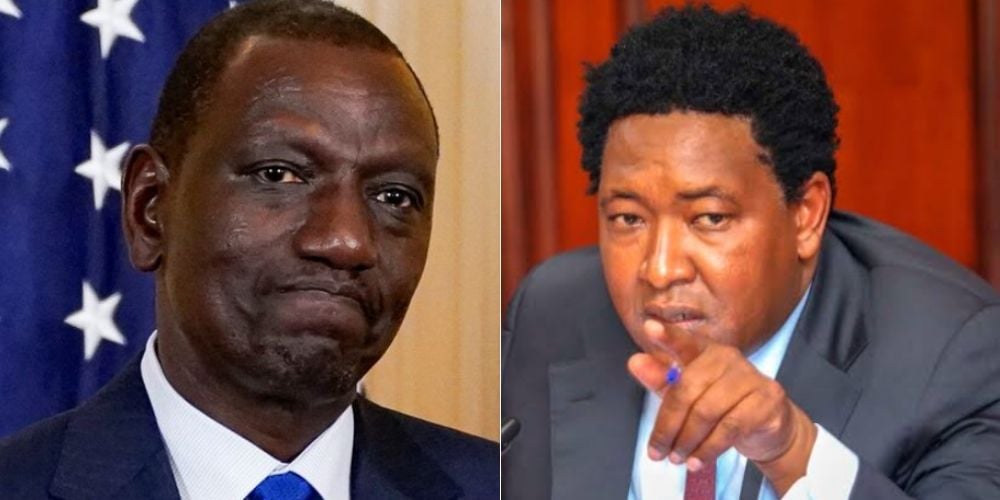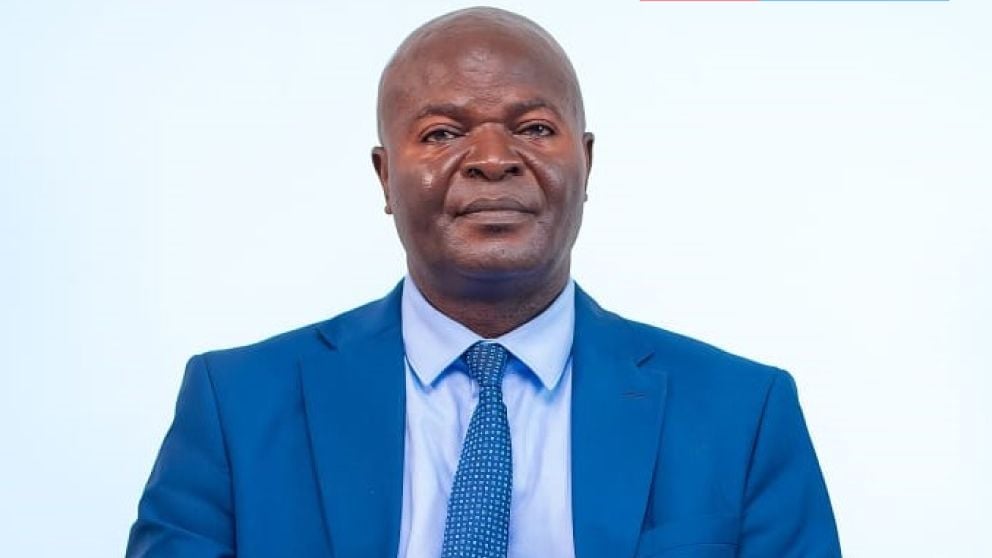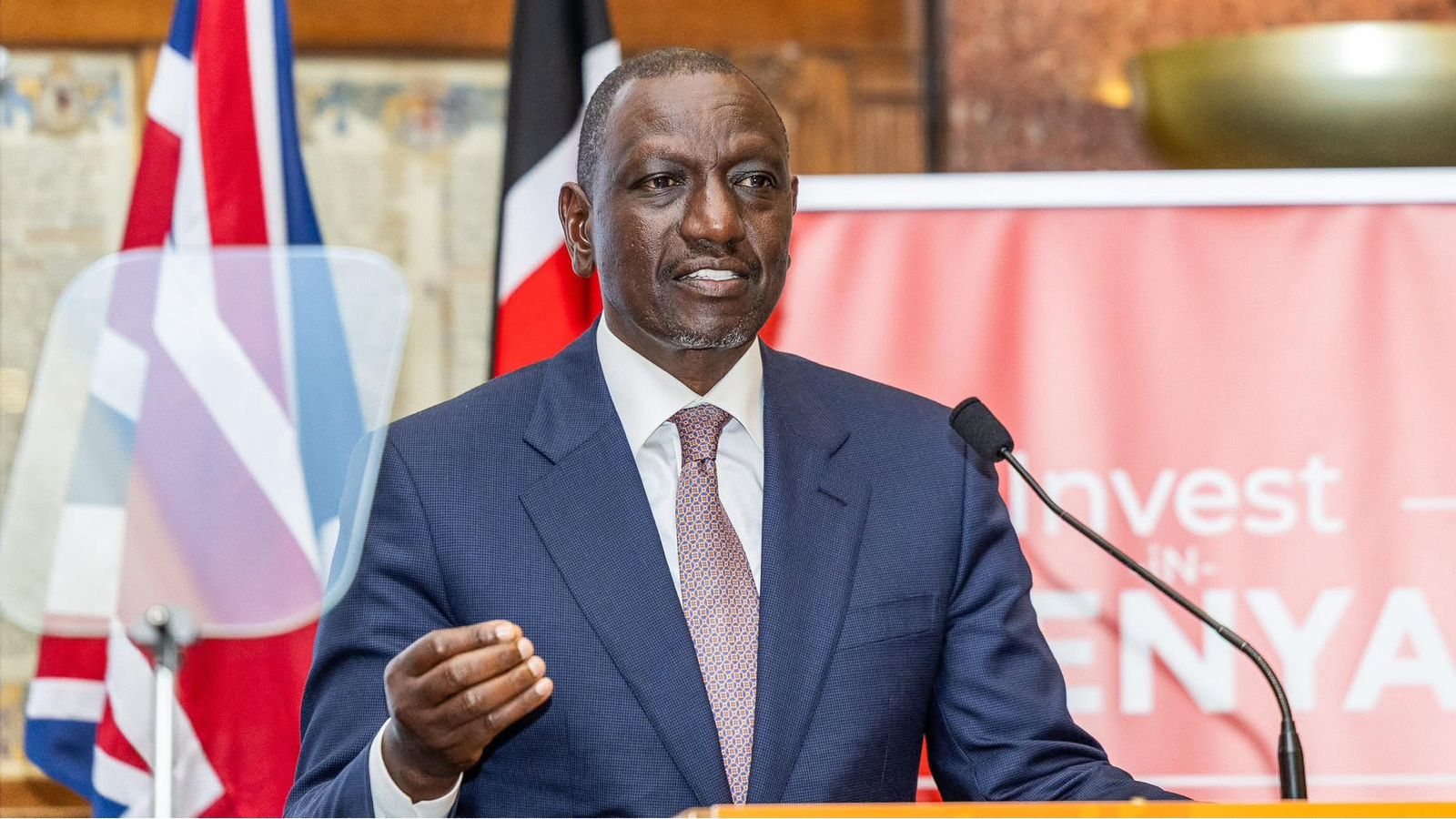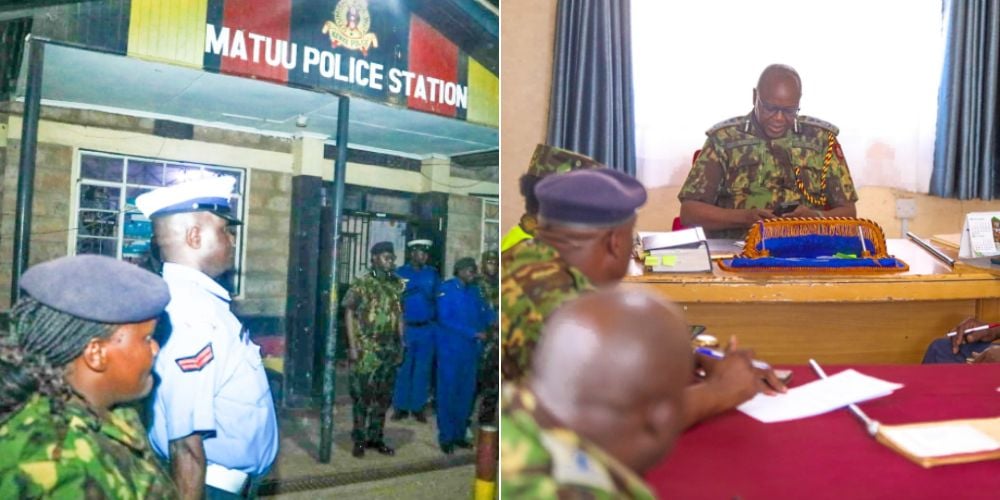Treasury Cabinet Secretary John Mbadi has disclosed that he will use constitutional powers to fund compensation for victims of police brutality during protests.
Speaking in Migori County on Thursday, August 14, CS Mbadi explained that Article 233 of the 2010 Constitution grants the Treasury Cabinet Secretary authority to provide funding when urgent needs arise.
"I heard the former deputy president ask where we are going to get the money, that there was no budgetary provision. I want to remind him that the 2010 Constitution gave the CS National Treasury powers, under article 233, to provide money where a need has arisen," Mbadi stated.
The Cabinet Secretary announced that the government had committed to compensating both civilian victims and security officers affected during protests, citing the newly formed partnership between ODM leader Raila Odinga and the Kenya Kwanza government.
"We have agreed with Raila Odinga that we are going to compensate the victims of police brutality, and even the police officers injured or affected in the line of work," he said.
Read More
Mbadi emphasized the government's commitment to human rights protection by giving a voice to Kenyans.
"Today, the conversation has changed to human rights. We are known to fight for human rights. Your excellency, I'm happy that we are working together in that space to make sure that Kenyans have a voice," he stated.
"I want to announce here that a need has risen and I'm going to use that authority to provide provisions because a need has arisen," Mbadi insistsed.
President Ruto recently established a committee under Prof. Makau Mutua to develop frameworks for compensating protest victims and demonstration casualties.
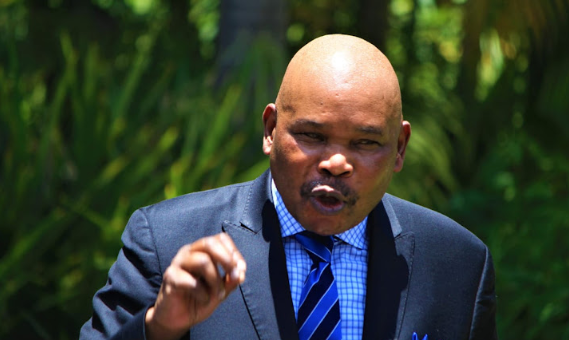
The team was given 120 days to create a coordination system for victim compensation, covering both civilians and security personnel who suffered injuries or lost their lives in protests dating back to 2017.
However, the Kenya National Commission on Human Rights (KNCHR) has advocated expanding compensation beyond monetary settlements.
Simon Omondi, Deputy Director of Programmes at KNCHR, argued that the committee should adopt a broader reparations framework.
The commission emphasized that comprehensive reparations should include acknowledging wrongdoing, financial compensation, and memorialization efforts.
“Reparations come with acknowledgement, reparations come with compensation, reparations come with memorialization, so it’s a big concept. The President and the team have looked at just compensation, so as it goes about its work, it should broaden its scope,” Omondi stated.

